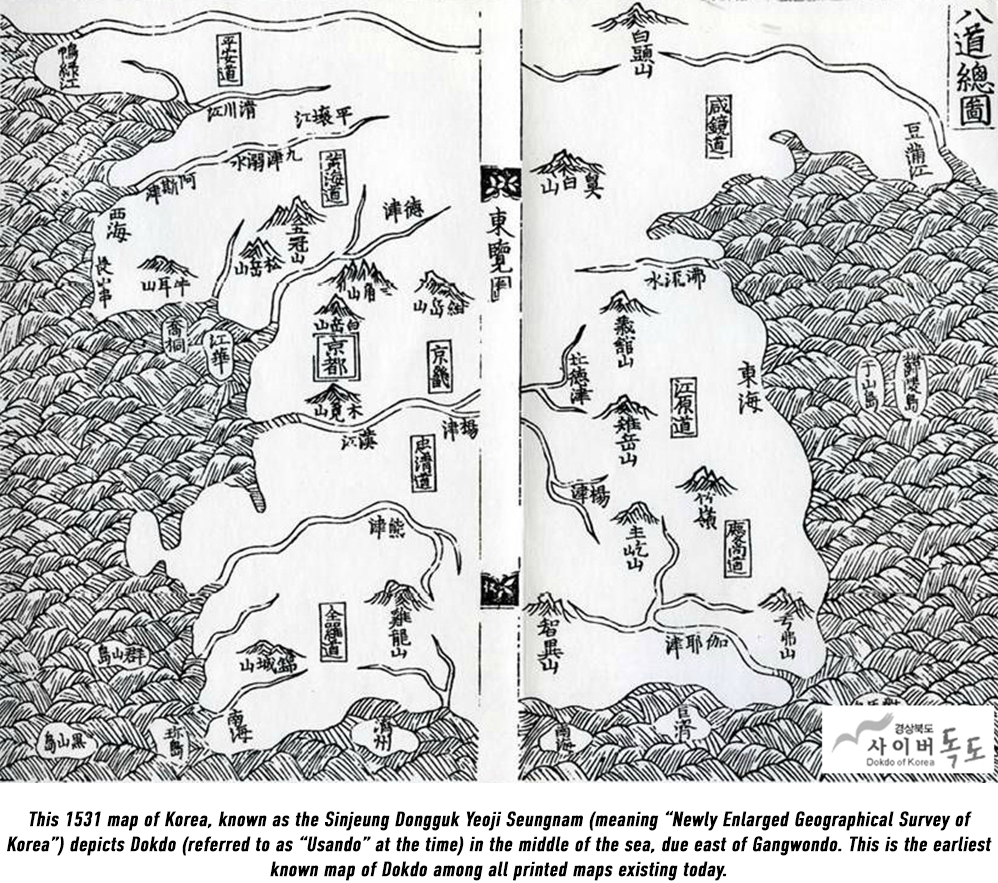Korea is home to many beautiful landmarks, and one of the most well-known is Dokdo Island (독도, meaning “solitary island”). Boasting over 130,000 visitors each year, the stunning natural environment has been a source of national pride for Korean people for hundreds of years. It has also become a place of historical significance.
 Our Winter '21 designs, the Dokdo Long Sleeve and Dokdo Anorak, pay homage to the islets' importance in Korean culture; with the coordinates to Dokdo printed on the front and a stylized version of the islets on the back. The designs also feature embroidery stating 독도는 우리땅, meaning "Dokdo is our land" in Korean.
Our Winter '21 designs, the Dokdo Long Sleeve and Dokdo Anorak, pay homage to the islets' importance in Korean culture; with the coordinates to Dokdo printed on the front and a stylized version of the islets on the back. The designs also feature embroidery stating 독도는 우리땅, meaning "Dokdo is our land" in Korean.


Dokdo Island is a group of two islets, with the larger referred to as Seodo (서도, meaning “Western Island”) and the smaller referred to as Dongdo (동도, meaning “Eastern Island”). Dokdo has been part of Korean territory since the year 512, when King Jijeung of Silla formally absorbed Usanguk (referring to Dokdo and Ulleungdo, a nearby island). In 1454, the Geography Section of the Annals of King Sejong’s Reign also included a remark on the closeness of Dokdo and Ulleungdo, writing that “Dokdo is visible from Ulleungdo on a clear day.” Since its incorporation into Korea, Dokdo has been listed as a territory in the Uljin county of Gangwon Province.

While the islets themselves are small, Dokdo is known for the rich fishing grounds in the waters surrounding it in addition to the diverse sea life that populate the area; such as different species of seaweed and kelp as well as squid, Alaskan pollock, codfish, and octopus. Until the 1950s, Dokdo was also known as one of the largest breeding grounds of sea lions. This ecological diversity has led to Dokdo becoming well-known as a biodiversity hotspot within the scientific community. The islets of Dokdo are made up of volcanic rocks with a thin layer of soil and moss covering them and are older than any other volcanic islands in Korea. In addition to the sea life surrounding Dokdo, the islets are home to about eighty species of plants, over twenty-two species of birds, and thirty-seven species of insects.

As of 2019, there is one civilian resident, two government officials, six lighthouse managers, and forty members of the coast guard living on Dokdo. Though over three thousand Korean citizens list Dokdo as their place of family register and twenty people have registered their families as residents of Dokdo, there is only one permanent resident—a woman named Byun Sin-yeol who has lived there since 1991.
 Until today, Dokdo remains one of Korea’s most popular tourist destinations. Visitors have reported that the transport ferry is often filled to capacity; with many making the arduous four-hour trip to the islets because of the hope that Dokdo inspires as an enduring part of the nation’s history. For Koreans, Dokdo continues to serve as a reminder of the beauty of their homeland.
Until today, Dokdo remains one of Korea’s most popular tourist destinations. Visitors have reported that the transport ferry is often filled to capacity; with many making the arduous four-hour trip to the islets because of the hope that Dokdo inspires as an enduring part of the nation’s history. For Koreans, Dokdo continues to serve as a reminder of the beauty of their homeland.
 Are you interested in visiting Dokdo Island? Let us know in the comments below!
Are you interested in visiting Dokdo Island? Let us know in the comments below!
Check out our Dokdo Long Sleeve (in colorways Natural, Charcoal Heather, and Black) and our Dokdo Anorak (in colorways Black Camo and Navy), available now.



Leave a comment